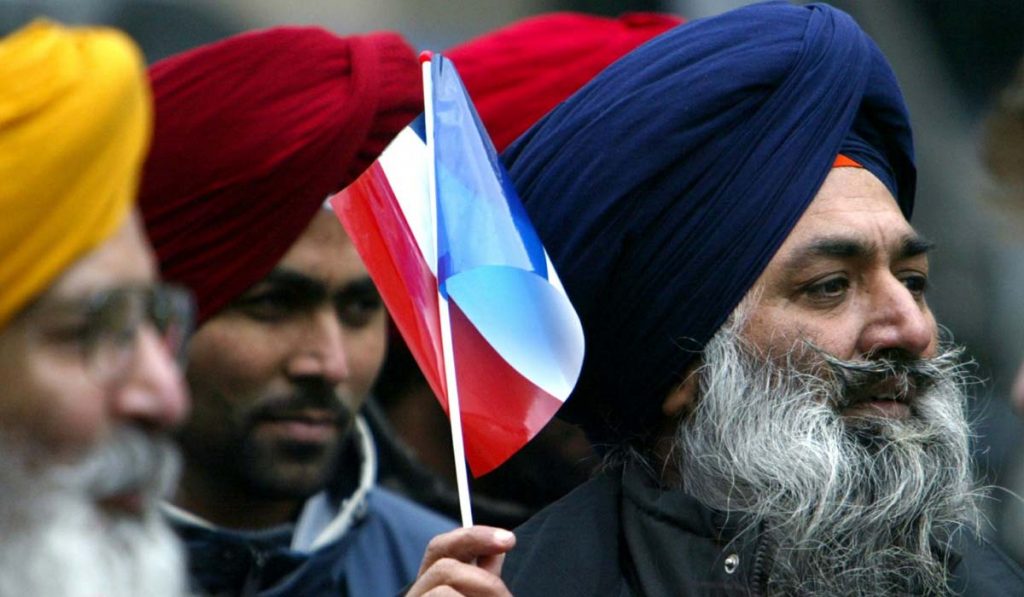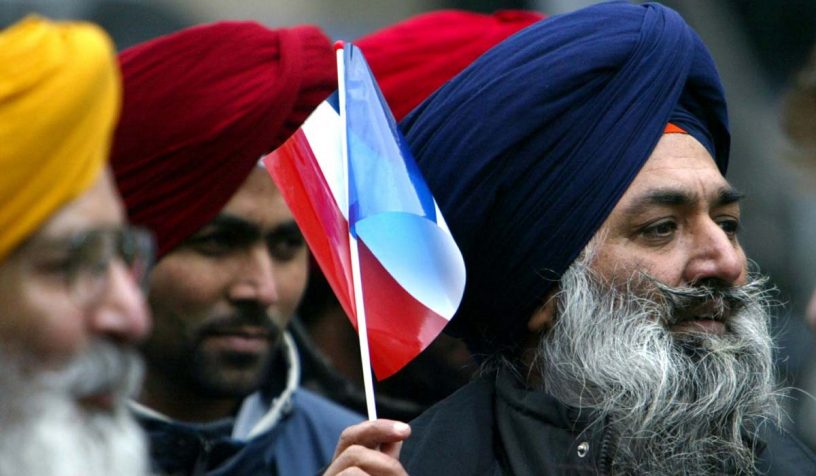
Undocumented Sikh migrants in Paris try to assert their gender identity in multiple ways, characterized by homosociality, the importance of manual labor, and specific forms of male sociability marked by the cultivation of their body, says the author.
Author
Christine Moliner, Associate Professor, Jindal School of International Affairs, O.P. Jindal Global University, Sonipat, Haryana, India
Summary
This paper discusses the impact of immigration policies on the ways young undocumented Sikh migrants in Paris negotiate their masculinity. The current criminalization of labor migration from the global South in Europe is disrupting long established patterns of upward mobility through international migration, that entailed remitting money home, getting married and reuniting with one’s family in the host country and moving up the socio-professional ladder from low-paid jobs to self employment.
Instead, the life of an increasing number of Sikh migrants in France and elsewhere is marked by irregular status and socio-economic vulnerability.
In this context, undocumented Sikh migrants try to assert their gender identity in multiple ways, characterized by homosociality, the importance of manual labor, specific forms of male sociability marked by the cultivation of their body, while remaining firmly grounded in a Sikh/Panjabi religious universe through seva (voluntary service) and gurdwara attendance.
Published in: Religions
To read the full article, please click here.


